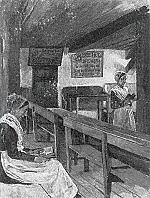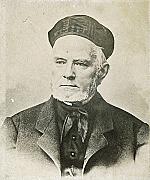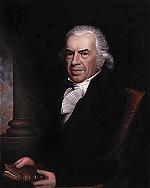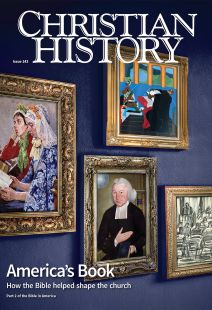Quiz the Bible
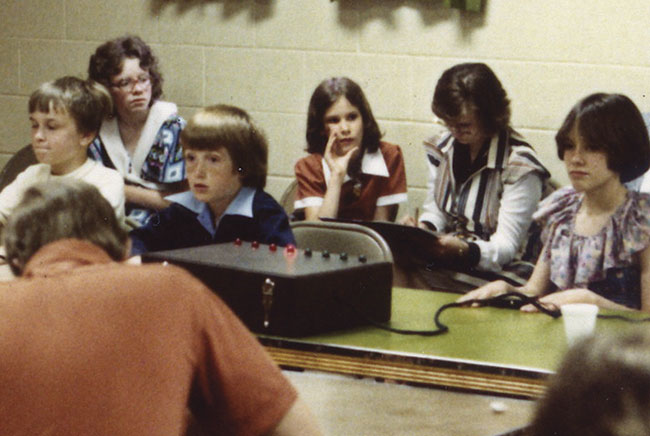
[Bible Quizzing, 1978, Quincy, IL. Flower Pentecostal Heritage Center]
Question: What is a method used by youth organizations to get students to memorize Scripture?
Answer: Bible Quizzing!
In the years after World War II, American youth ministries were eager to encourage young people to study and learn the Bible. The pioneering organization Youth for Christ—founded by Jack Wyrtzen (1913–1996) and led by Bob Cook (1912–1991)—tried innovative strategies for outreach. In the 1950s Bible Quizzing proved most useful in driving attendance at youth events as well as inculcating the Scriptures. Students would study a book of the Bible and then compete against other teams to answer questions for points.
The approach capitalized on the popularity of quiz shows such as Twenty-One and The $64,000 Question, as well as the quiz tournament College Bowl. Youth for Christ Bible Quiz tournaments remained popular into the 1960s, but soon the initiative passed to denominations, which started their own quizzing programs and have continued hosting Bible Quizzes down to the present. Quizzing could be found across the spectrum of broadly neo-evangelical churches: Nazarene, Christian and Missionary Alliance, Evangelical Free, and Assemblies of God.
Preparation for Bible Quizzing—which usually lasted across the school year—started with intensive study and memorization of the Scriptures. Although some competitions like the Bible Bowl took the whole Bible as their source book, most quiz competitions came to focus on one or several New Testament books—for example, the Gospel of Luke one year, Romans and James the next. The idea was to understand the text deeply and be able to recall it quickly.
The program encouraged extensive memorization, and many quizzers developed the ability to quote long passages of chapters and even books from memory. In-depth study created incredible familiarity with the Bible, and curriculum—such as guides written for the Assemblies of God by George Edgerly (1939–2016)—helped explain the material.
After hours of study, the competitions provided exciting demonstrations of learning. In the race to answer questions, early versions of quizzing required students to jump above the visual line of a level three-by-five card to be recognized.
Later, electronic pads on seats measured who jumped first. Other groups used hand paddles to “buzz in.” Questions could require small details, a long list, or a direct quotation (either a “quotation question” or a “quotation completion question”). Competitions ranged from statewide to regional and often ended with the crowning of a national champion.
Though quizzers demonstrated near-perfect recall, they themselves were not. Sometimes the desire to win overwhelmed the goal of sanctification, and individuals could get lost in the process, a fact documented in the warm yet honest documentary Bible Quiz (2013).
Still the experience of quizzing helped multiple generations of students study and memorize Scripture. One former quizzer reflected that quizzing was the first experience that gave him a sense of the architecture and logical flow of a book, moving him away from proof texts.
Quiz coaches observed that no other method has proven such long-term effectiveness in deeply teaching youth the contours of Scripture. And the experience of Bible Quizzing prepared quizzers to engage with the Scriptures in their adult lives—in academia, law (contesting questionable rulings will do that), and other professions. Across years and miles, Bible quizzers have “jumped” at the chance to study the Scriptures.
By Jonathan Den Hartog
[Christian History originally published this article in Christian History Issue #143 in 2022]
Jonathan Den Hartog, professor of history and chair of the history department at Samford University and a former Bible Quizzing participantNext articles
Christian History timeline: A book for the church
How American Christians have interpreted, sung from, studied, taught, and sometimes fought over the Bible
the editorsOld book in a new world
The story of Bible translations in America centers around the KJV
Chris R. ArmstrongSupport us
Christian History Institute (CHI) is a non-profit Pennsylvania corporation founded in 1982. Your donations support the continuation of this ministry
Donate



